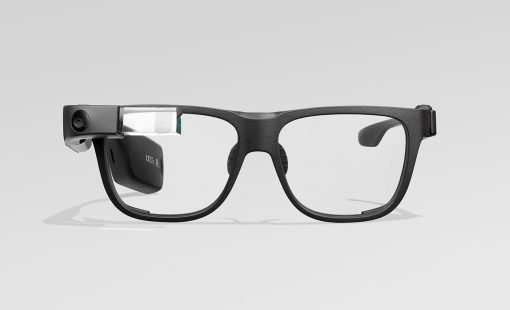Pay per click (PPC) (also called Cost per click) is an internet advertising model used to direct traffic to websites, where advertisers pay the publisher, which in most cases would be Google and other search engines, when the ad is clicked.
With search engines, advertisers typically bid on various keyword phrases relevant to their target market and target audience that they wish to capture online.
Websites or Search Engines that utilize PPC ads will display an advertisement when a keyword query matches an advertiser’s keyword list, or when a content site displays relevant content. Such advertisements are called sponsored links or sponsored ads, and appear adjacent to or above the so called natural or organic search results on search engine results pages, or anywhere a web developer chooses on a certain content website for example.
The most common PPC (pay per click) marketing model providers are Google and Bing.
The cost of PPC advertising depends on many factors such as how competitive the advertisers market is, how many others are buying the same keywords and indeed, how high on the search results pages the advertiser wishes their ads to apprear.
CPC (cost per click) can vary from as low as £0.10 per click on a given keyword, to as high as £10 per click on a given keyword. It’s all about ensuring you conclude keyword research and budget planning before embarking on the PPC campaign route.
PPC can be highly efficient way of driving ROI and Revenue to companies, but no means it’s guaranteed to make you successful online. There are many channels you should trial (SEO, Social Media) and optimize the avenues to maximum efficiency before deciding which channel online works the best for your business and if to focus on all activities or perhaps just one.




